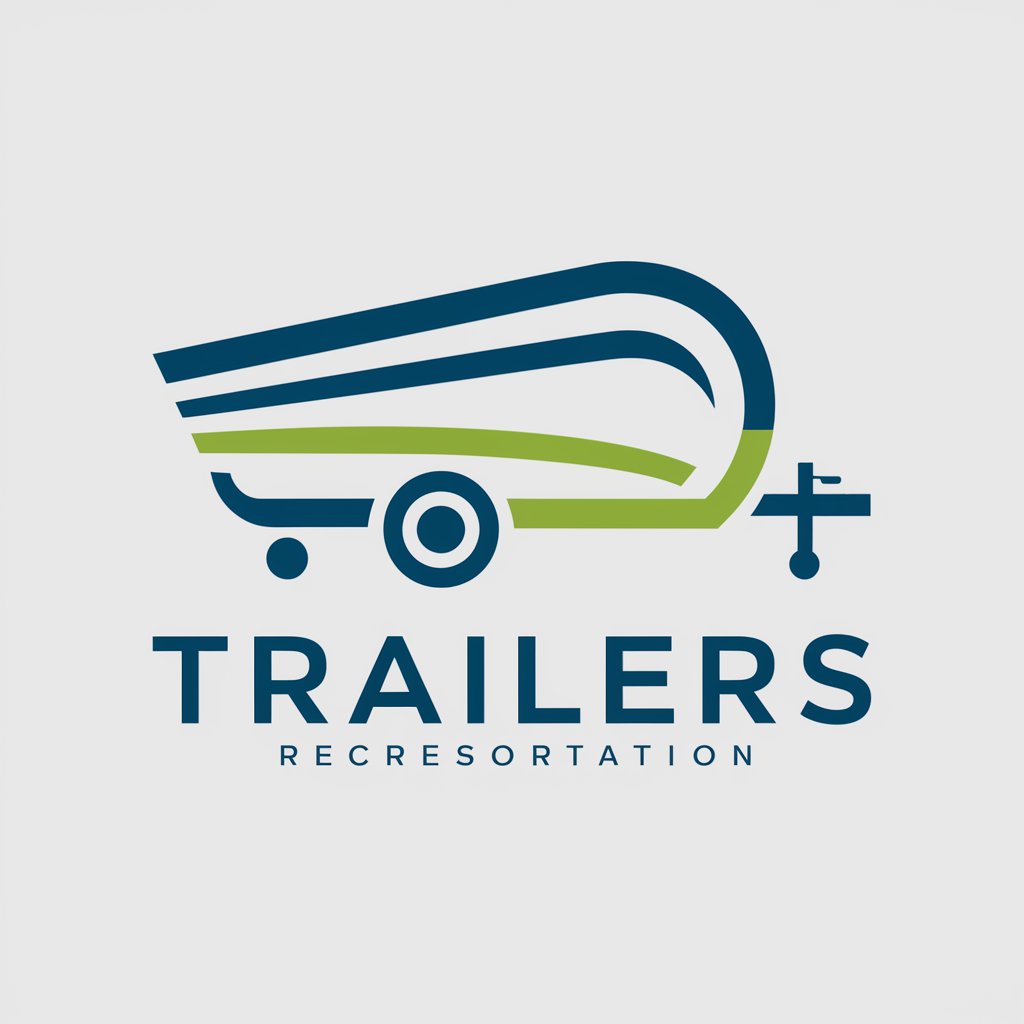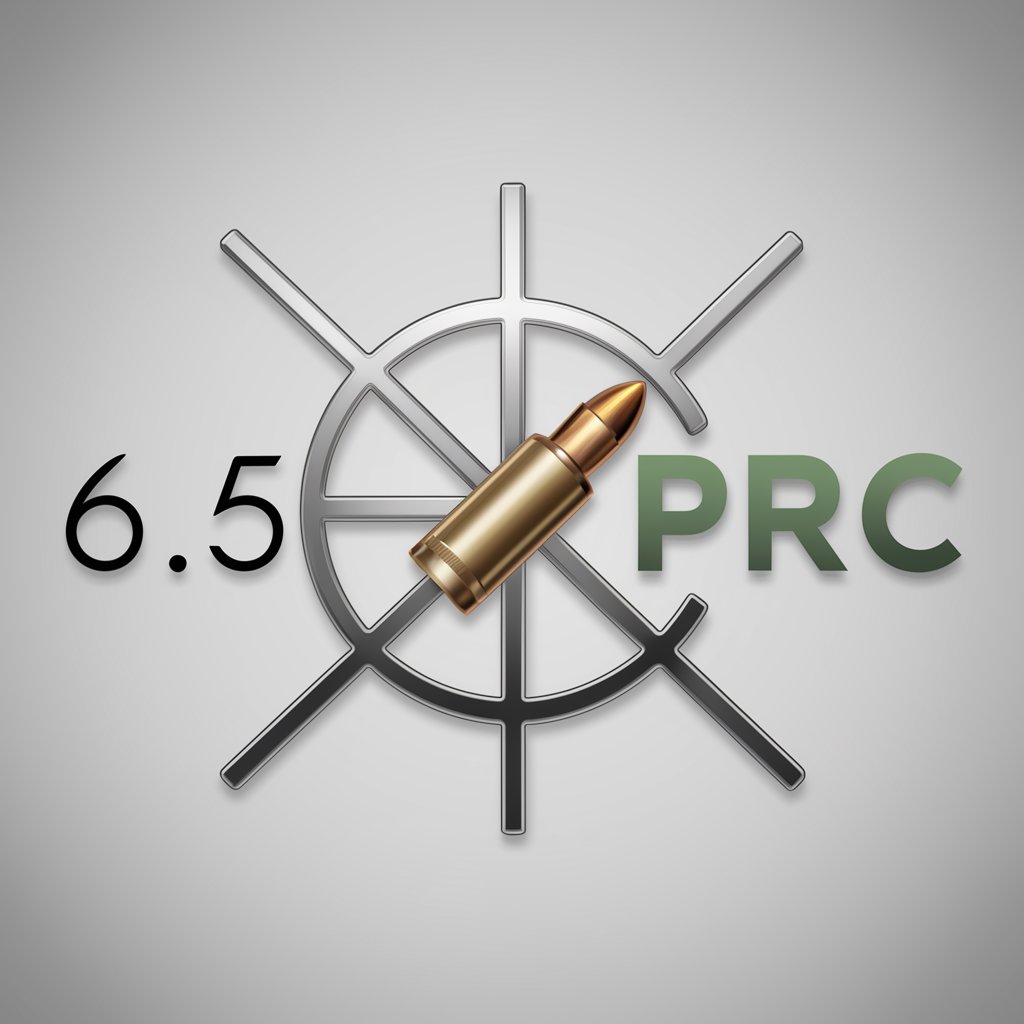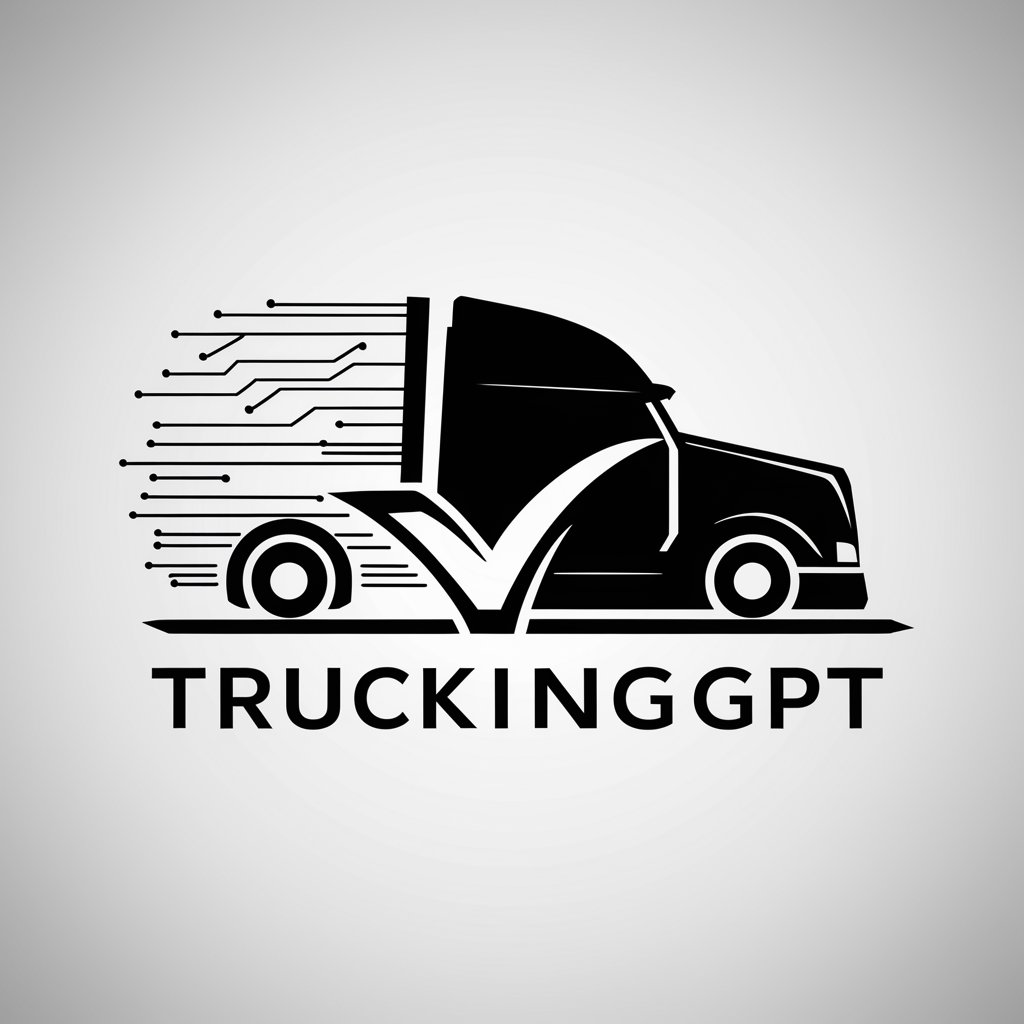
Trailers - Trailer Information Hub

Welcome! How can I assist you with trailer information today?
Empowering your trailer journey with AI.
What are the key features to look for in a camping trailer?
How do you properly maintain a horse trailer?
Can you explain the different types of utility trailers and their uses?
What should be considered when choosing a trailer for long-distance transportation?
Get Embed Code
Understanding Trailers
Trailers are versatile, non-powered vehicles designed to be towed by powered vehicles such as cars, trucks, or tractors. Their primary purpose is to transport goods, equipment, or vehicles from one location to another. Trailers come in a wide variety of designs, sizes, and capacities, tailored to specific needs and applications. For instance, flatbed trailers are used for hauling heavy machinery or large items, enclosed cargo trailers protect goods from the elements and theft, and recreational vehicles (RVs) are designed for camping and living. The design of a trailer is fundamentally focused on maximizing efficiency, safety, and the specific transport requirements of its cargo. For example, a boat trailer is specifically designed with rollers and winches to facilitate the easy loading and unloading of boats, while a livestock trailer is ventilated and partitioned to safely transport animals. Powered by ChatGPT-4o。

Key Functions of Trailers
Cargo transportation
Example
Enclosed cargo trailers
Scenario
Used by businesses for the safe and secure transportation of merchandise, tools, and equipment across long distances.
Specialized transport
Example
Car carriers and livestock trailers
Scenario
Car carriers are designed to transport vehicles between manufacturing plants and dealerships, while livestock trailers are used by farmers to move animals between farms, markets, or slaughterhouses.
Recreational use
Example
Travel trailers and toy haulers
Scenario
Travel trailers offer a home away from home for vacationers, equipped with living spaces and amenities. Toy haulers combine living spaces with large storage areas for motorcycles, ATVs, or watercraft, catering to adventure enthusiasts.
Utility and construction
Example
Dump trailers and equipment trailers
Scenario
Dump trailers are crucial for construction and landscaping projects, allowing for the easy loading, transport, and unloading of materials like gravel, sand, and dirt. Equipment trailers are used to haul heavy machinery such as bulldozers and excavators.
Who Benefits from Trailers
Commercial and Industrial Users
Businesses in construction, landscaping, agriculture, and retail that require the transportation of goods, equipment, or livestock regularly. Trailers enhance operational efficiency, reduce transportation costs, and support a wide range of commercial activities.
Recreational Users
Individuals and families who enjoy camping, off-roading, boating, or other outdoor activities. Recreational trailers like RVs, boat trailers, and toy haulers provide the freedom to explore and engage in leisure activities with the comforts of home or the ability to transport recreational equipment.
Specialized Transport Operators
Companies or individuals specializing in the transport of specific types of cargo, such as vehicles, heavy machinery, or unique items that require custom trailer solutions. These operators benefit from trailers designed to accommodate the specific dimensions, weight, and safety requirements of their cargo.

Using Trailers Effectively
1
Begin by exploring yeschat.ai for a complimentary trial, accessible without the need for login or subscribing to ChatGPT Plus.
2
Identify the type of trailer suitable for your needs, considering factors like payload capacity, trailer size, and the type of load (e.g., vehicles, cargo, recreational equipment).
3
Ensure your towing vehicle is compatible with the trailer in terms of towing capacity, hitch type, and electrical connections for lights and brakes.
4
Familiarize yourself with safety protocols, including proper loading techniques to maintain balance, securing the load, and conducting pre-trip inspections of the trailer and towing vehicle.
5
Practice driving with the trailer in a safe area to get accustomed to its size, turning radius, and stopping distance. Always follow local laws and regulations while towing.
Try other advanced and practical GPTs
6.5 PRC
Master long-range precision with AI

CIM Analyst
Unlock Business Insights with AI

俺の孔子
Guiding the future with ancient wisdom.

Albus Dumbledore
Empowering advice with a magical touch.

Marketing Mentor
AI-powered Marketing and Management Insights

Offer Strategist
Craft Irresistible Offers with AI

SEO Link Wizard
Elevate Your SEO with AI-Powered Insights

Code Expert
Empower your coding journey with AI-driven insights.

Code Query Wizard
Empowering Developers with AI-driven Solutions

Enterprise Agility Mentor
Empowering agility with AI-driven mentorship

Coach Anita
Empowering Business Mastery with AI

Conversation Coach
AI-Powered Communication Mastery

Frequently Asked Questions about Trailers
What types of trailers are there?
Trailers come in various types, including utility trailers for cargo, travel trailers for recreational use, boat trailers, car haulers, and horse trailers, each designed for specific loads and uses.
How do I choose the right trailer?
Selecting the right trailer involves considering your load type, weight, dimensions, the towing capacity of your vehicle, and the features you need, such as ramps, covers, or refrigeration.
Can I customize a trailer?
Yes, many trailers can be customized with options like shelving, tie-downs, extended ramps, or specific configurations to suit unique requirements or enhance functionality.
What are the key safety tips for towing a trailer?
Important safety tips include ensuring the trailer is properly hitched, the load is balanced and secured, tires are in good condition, and all lights and brakes are functional. Regularly checking these aspects can prevent accidents.
How does weather affect trailer towing?
Weather conditions like rain, snow, and high winds can significantly impact towing safety. It's crucial to adjust your driving speed, increase following distance, and avoid sudden maneuvers to maintain control.





